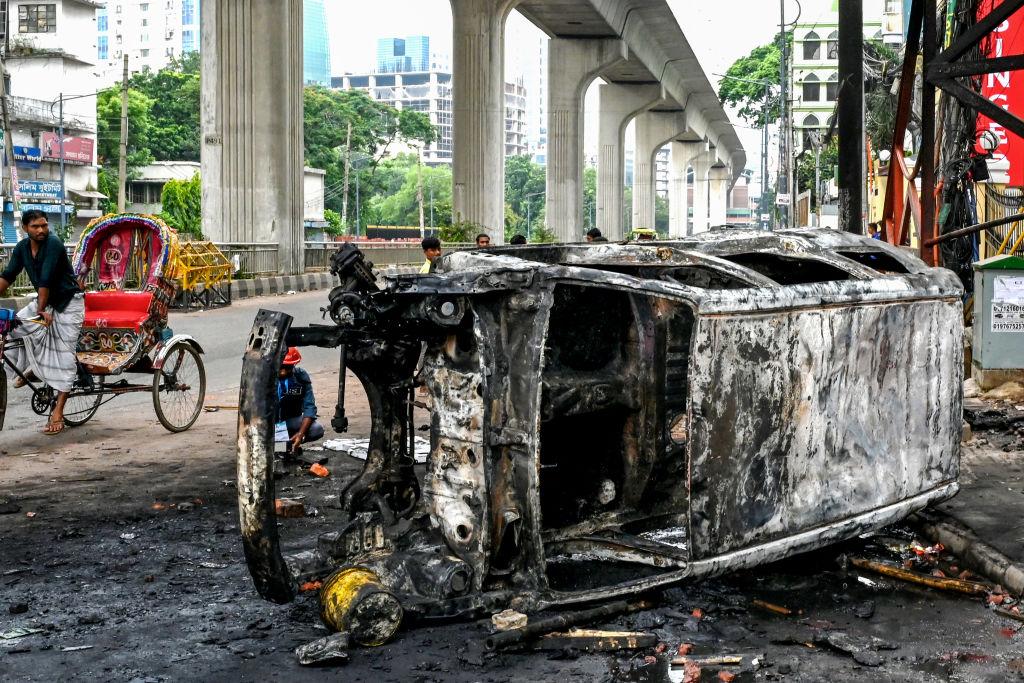Australia, via its Minister of Foreign Affairs Penny Wong, has called for an investigation into the causes behind a month of rioting in Bangladesh which has seen an estimated 432 people dead and the overthrow of the country’s head for the past 15 years, Sheikh Hasina.
“The Australian government is deeply concerned by the violence and tragic loss of life in Bangladesh,” Wong said in a social media post.





